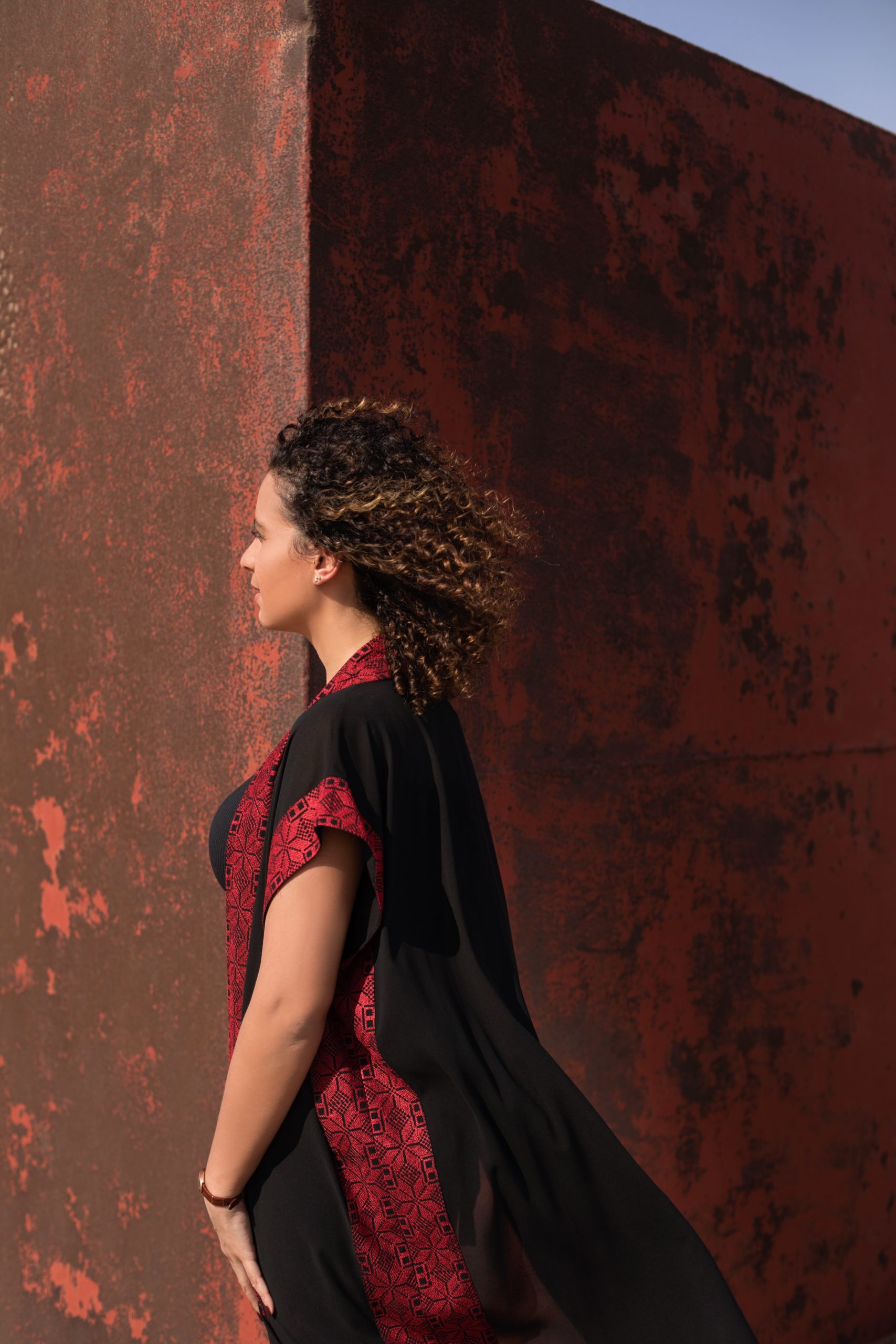For as long as I can remember, my identity has been deeply rooted in the stories of displacement and resilience passed down from my parents, exiled from Palestine and resettled as refugees. These narratives have profoundly shaped my understanding of who I am, instilled during my upbringing in Canada. As a Middle Eastern child in the West, my sense of self was always in flux—Palestinian by heritage but stateless until Canadian citizenship provided me a label.
At 15, I traveled to Egypt for the first time since our move to Canada, finding myself enveloped by a warmth only a large family gathering can offer, with over 30 relatives at the airport. This trip also marked my first visit to Gaza and Palestine, which profoundly deepened my connection to my roots.
Living in Canada, I sought to recreate this sense of belonging. I surrounded myself with Arab friends, engaged more actively in cultural events, spoke Arabic more frequently, and immersed myself in Arabic music and films. Despite these connections, a feeling of displacement lingered—I craved a community that truly felt like home.
It wasn’t until adulthood, during a trip to Jordan, that I found a circle of mostly Palestinian friends. Their camaraderie, shared language dialect, and humor underscored what had been missing in my life. Though Jordan is not Palestine, it offered a taste of the homeland and the sense of community I longed for in friendships.
Recently, during a work call with colleagues from the United States, Europe, and a few from Israel, I encountered an unexpected and intense reaction. As the call unfolded, I felt my body begin to vibrate, an overwhelming urge to disconnect washing over me. Though I’ve interacted with Israelis before, this time felt markedly different. My nervous system seemed to be sounding an alarm, reacting not just to the call but to the deep-seated memories and emotions tied to my identity as a Palestinian.
This physical reaction was more than discomfort; it was a visceral response to the deep-seated intergenerational trauma carried by my people, compounded by the trauma of current events in Palestine. The incident highlighted how certain triggers can evoke profound responses that are rooted not only in historical conflicts but also in the ongoing violence and injustices we witness today.
In navigating these complex layers of identity and trauma, one must question what constitutes ‘normalcy’ in mental and emotional health. As I move through a world where many live seemingly unaffected by such profound issues—life proceeding as usual—it becomes crucial to recognize that ‘normal’ can vary widely. For those of us connected by blood and history to regions embroiled in conflict, ‘normal’ includes a continuous process of healing and coping with the echoes of trauma. Acknowledging this helps not only in fostering understanding and support from the wider community but also in validating the experiences of those who feel perpetually on the margins of this ‘business as usual.’ Embracing this broader definition of normalcy is essential for building more inclusive societies that genuinely address the diverse mental health needs shaped by our unique histories and identities.
The constant navigation between my cultural identity as a Palestinian and various societal contexts often leads to a heightened sense of vigilance and emotional fatigue. This psychological strain is a common thread among many who live with complex identities, where the balance between personal and collective histories weighs heavily on daily life.
To cope with these intergenerational traumas, I have turned to family support and therapy. These tools help mitigate the impact of identity-based stress and provide a space to process the complexities of my dual existence. They remind me that mental health is not static but a continuous journey of self-awareness and healing.
Today, as events unfold in Palestine and Gaza, my identity feels more vulnerable than ever. Witnessing the ethnic cleansing of my people and the rise of Islamophobia has instilled a profound sense of fear and threat to my safety, and our safety as Palestinians. These experiences shape not just my social identity but my mental health, heightening feelings of anxiety and a perpetual sense of crisis.
Identifying as Palestinian is not merely a statement of heritage—it is an acknowledgment of a rich, turbulent tapestry of identity that influences every aspect of my life, including my mental well-being. The psychological impact of living between two worlds—balancing the joy of cultural pride against the pain of historical trauma—requires a resilience that is both a burden and strength.
Navigating this dual identity has taught me the critical importance of community and the deep psychological need for belonging. It has shown me that mental health is not just personal but deeply interwoven with our collective histories and the social dynamics that shape our lives. As I continue to advocate for recognition and justice, I also advocate for understanding and support for the mental health challenges that come with such a complex identity.




